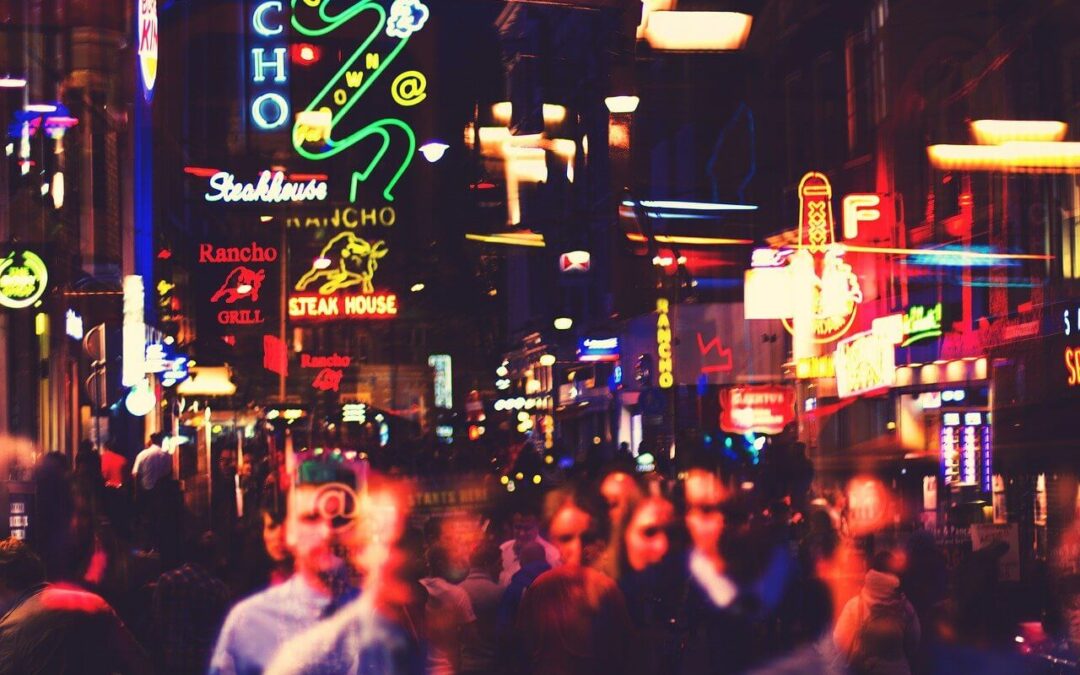
Amsterdam doubles down on plans to restrict tourist access to cannabis coffee shops
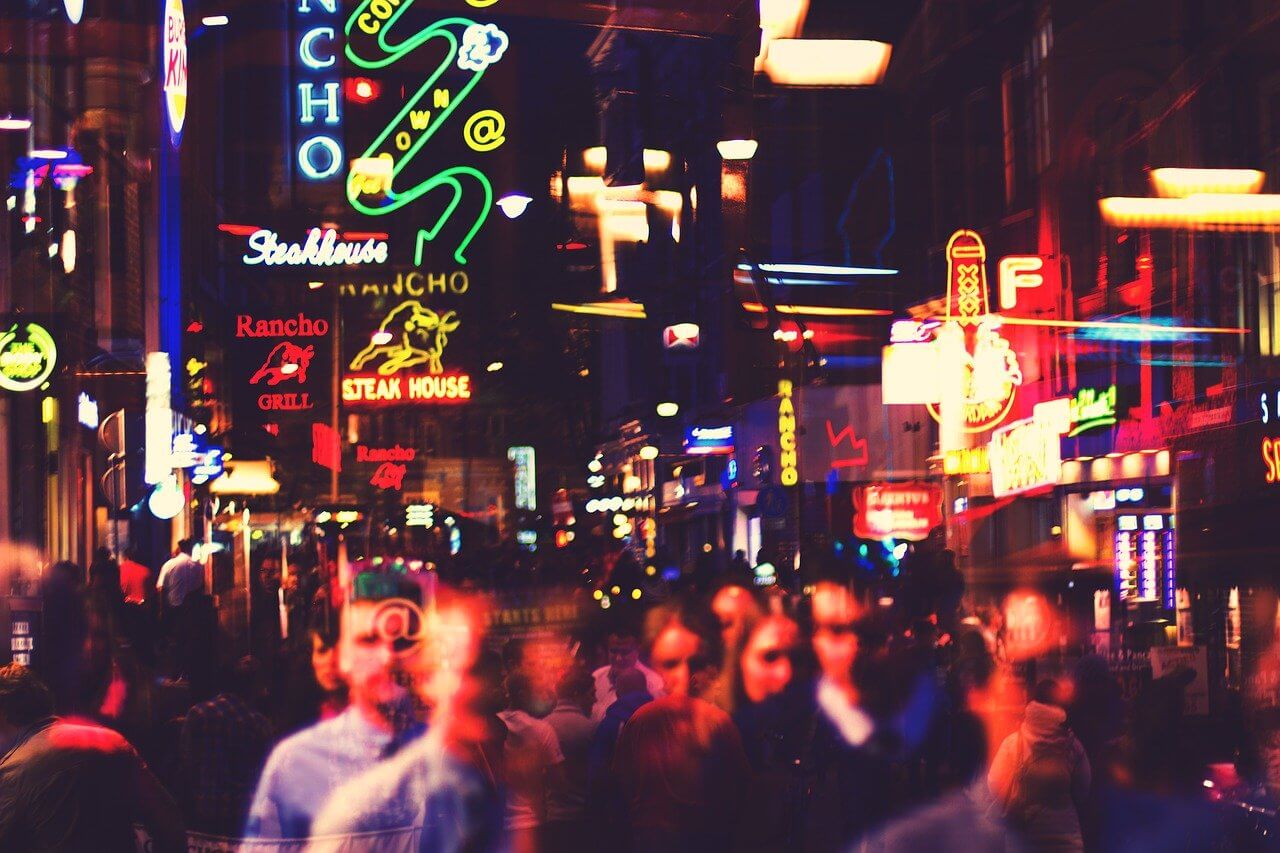


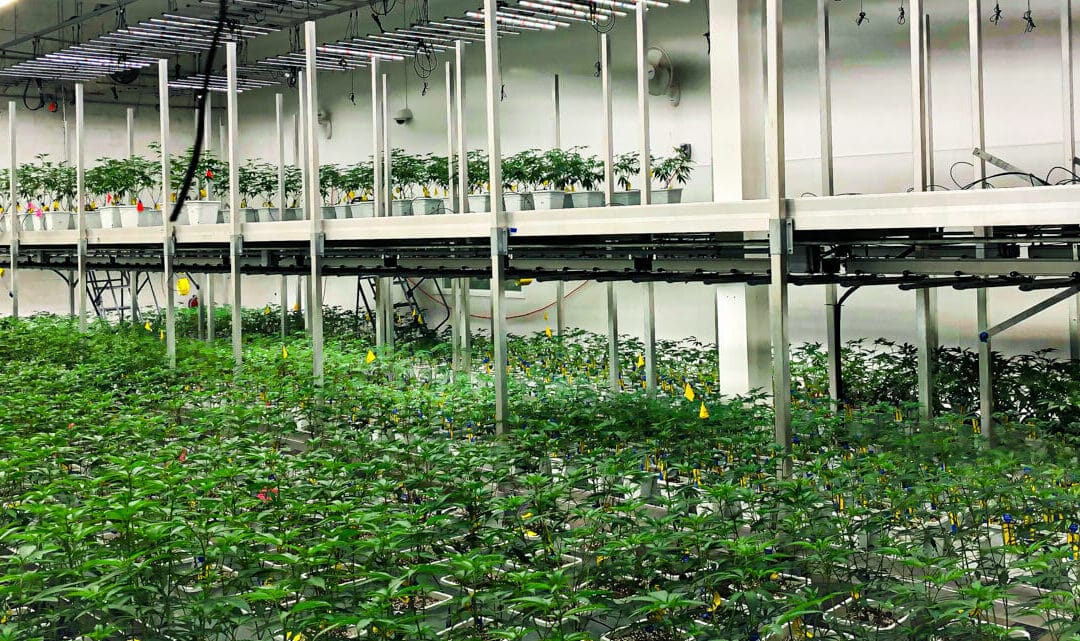
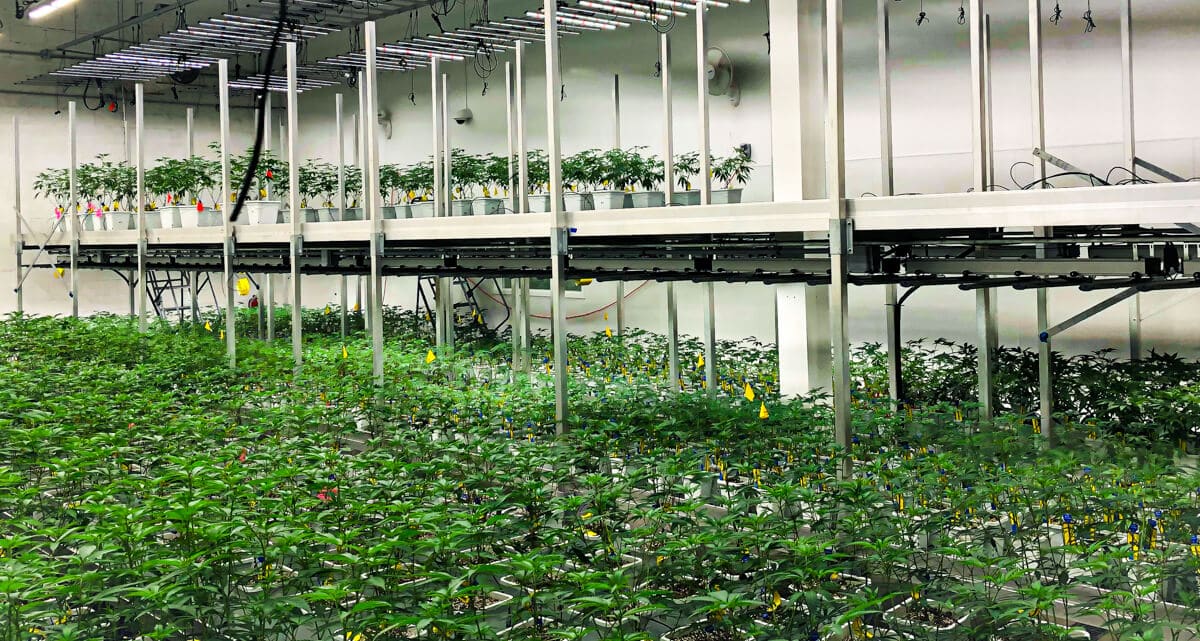
A Jersey-based start-up has been granted the second only license in the British Isles to cultivate pharmaceutical-grade cannabis for profit, more than two decades after the first permit was issued.
Northern Leaf has been awarded a licence to grow cannabis for medical use by the government of Jersey under UK Home Office rules and is preparing to cultivate marijuana in a greenhouse sprawling across 75,000 square feet. It plans to start supplying drugmakers in the UK, Denmark, Germany, Spain and Portugal by the end of this year.
“Demand is increasing globally and the market is currently undersupplied,” Campbell Dunlop, chief executive of Northern Leaf, told the Financial Times.
Northern Leaf, which was founded two years ago and received its permit in December, is the second only company to be granted a UK license for commercial marijuana cultivation.
GW Pharmaceuticals, a US-listed leader in cannabis-based epilepsy medicines that was founded in the UK, was awarded the first permit in 1998. The Jersey group will be up against established cannabis producers elsewhere in Europe.
These include Aurora Cannabis, which has 100,000 sq feet of greenhouses in Denmark, and Tilray and Emmac, which have 160,000 sq feet and 300,000 sq feet respectively in Portugal, according to investment firm Chrystal Capital, which has helped Northern Leaf raise funds. The UK is among many countries that have in recent years legalized the use of cannabis-based medicines for pain relief or to treat conditions from cancer to epilepsy.
While North America dominates the cannabis investment market, interest in Europe is growing. In September, the FT reported that Chrystal was looking to raise as much as $200m for a new cannabis investment fund. The European medical cannabis market was valued at €330m last year, according to Brightfield Group.
Mr Dunlop, who described securing the licence as “quite a big breakthrough”, said he expected Northern Leaf’s first shipment of cannabis to reach half a tonne — Emmac produced roughly 10 tonnes last year. The licence relates to a site that has a maximum capacity of 400,000 sq feet, he added.
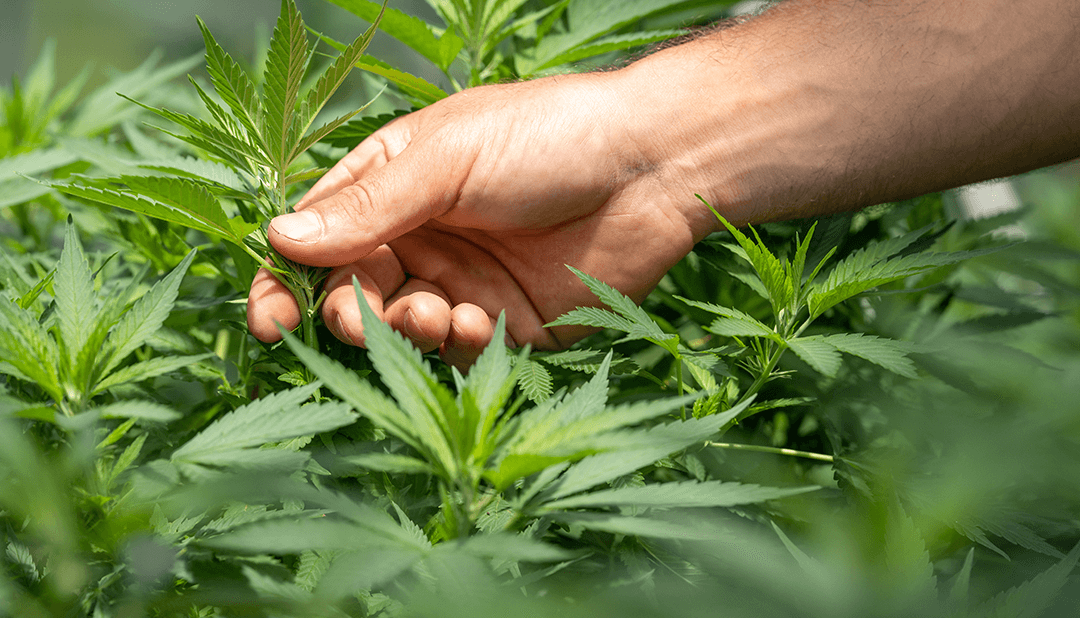
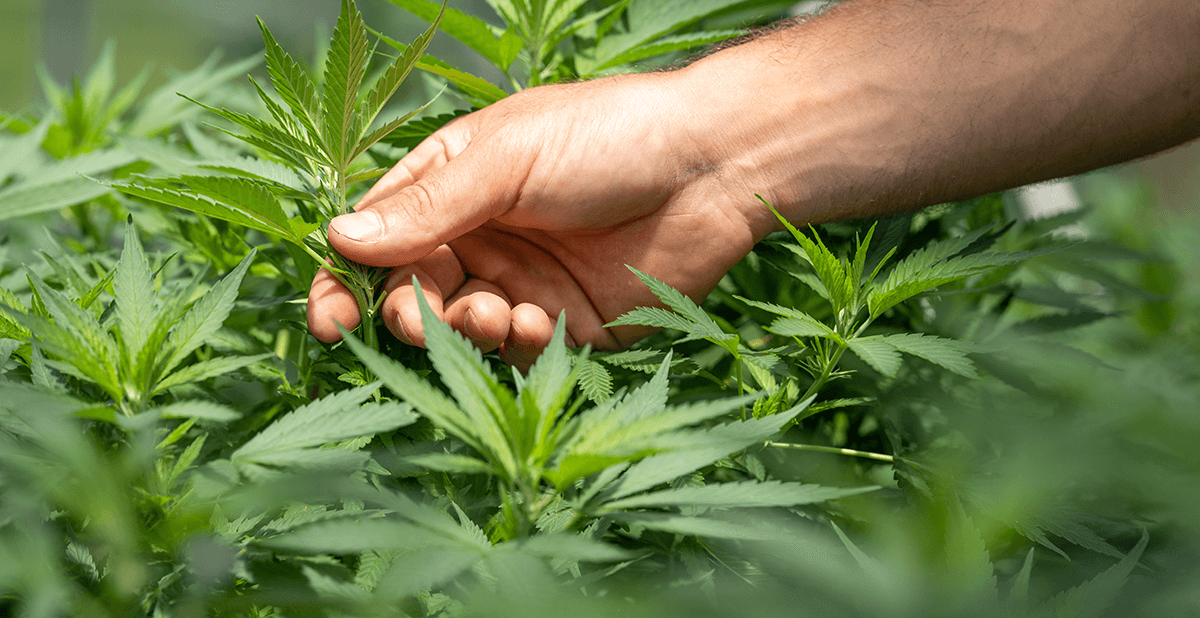
A Virginia lawmaker has filed a bill to legalize marijuana for adult use in the state.
The move comes one month after Gov. Ralph Northam (D) included provisions to lay the groundwork for cannabis legalization in a budget proposal that also calls for millions of dollars to support expungements.
The bill from Del. Steve Heretick (D) is the first of what could be several proposals to end marijuana prohibition that the legislature sees this session.
The new legislation would allow adults 21 and older to purchase and possess up to an ounce of cannabis. It calls for the Virginia Department of Agriculture and Consumer Services to regulate the marijuana program, as it currently does for hemp.
Adults could also grow up to three mature and three immature plants for personal use under the bill.
“This bill is built upon the lessons of other states throughout the country which have enacted similar reforms,” Heretick said in a press release.
A 9.6 percent tax would be imposed on cannabis sales under the bill, which was first reported by WTKR-TV, though local jurisdictions could tack on their own taxes for a maximum total of 15 percent. The municipalities would also be allowed to dictate whether marijuana businesses can operate in their area.
Most of the tax revenue from cannabis would go to the state’s general fund (67 percent) while the remaining 33 percent would be invested in a fund meant to promote public education about marijuana.
“With the support of Virginia’s Attorney General, Mark Herring, and a growing consensus of bipartisan support from legislators and local leaders around the Commonwealth, and now Virginia Governor Northam and key members of his administration, this is legislation which has now matured for enactment,” Heretick said. “I look forward to a robust and inclusive conversation about the manner in which Virginia will act on this legislation this year.”
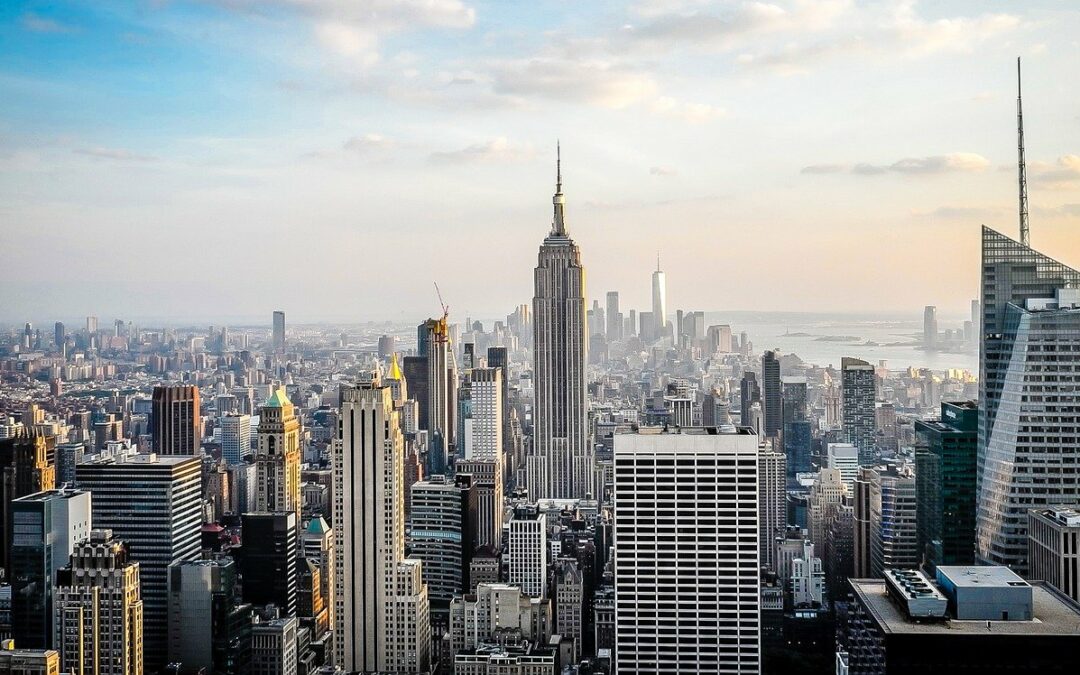
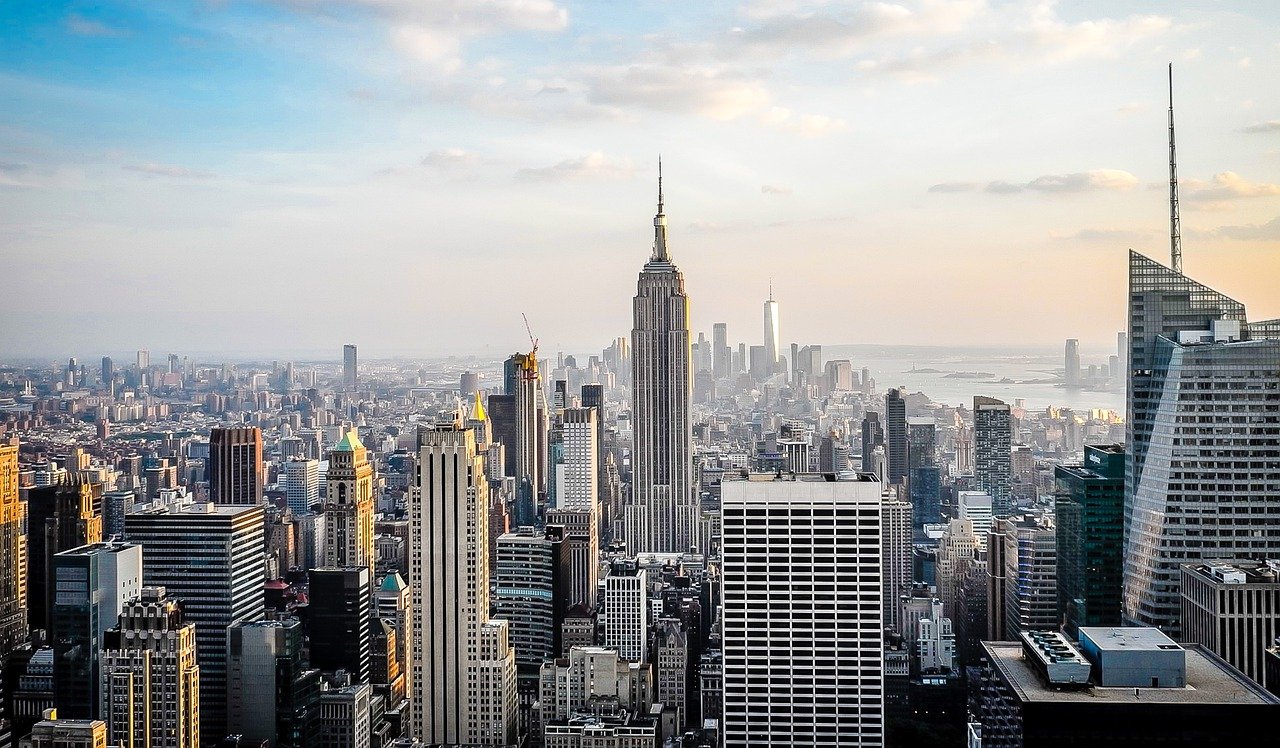
Gov. Andrew Cuomo (D) has emphasized the need to enact the reform in 2021, arguing that it could help offset economic losses from the coronavirus pandemic and promote social equity. And now there’s a new potential vehicle for legalization to happen.
Sen. Liz Krueger (D) and 18 cosponsors filed the legislation, which is identical to a bill she sponsored last year and has now been referred to the Senate Finance Committee. It would make it so adults 21 and older would be able to purchase cannabis and cultivate up to six plants for personal use.
This is the fifth version of the legalization bill that the senator has introduced since 2013. But advocates are hopeful that, given the evolved marijuana policy landscape in the region and nationally, as well as the governor’s embrace of reform, this year will see the measure advance.
“It is long past time for New York State to catch up with our neighbors and legalize, tax, and regulate adult-use marijuana,” Krueger told Marijuana Moment. “To my mind the most compelling reason for doing so has always been to end the unnecessary and destructive impact of the so-called ‘War on Drugs’ on communities of color.”
“But now, faced with the impacts of the pandemic, the potential for legalization to create new jobs, economic growth, and out-year tax revenue for the state is more important than ever,” she said. “I am cautiously optimistic about the chances of getting this done and done right—in a way that ensures that resources are directed to communities most directly impacted by the failed policies of prohibition.”
An 18 percent tax would be imposed on cannabis sales. After covering the costs of implementation, revenue from those taxes would go toward three areas: 25 percent for the state lottery fund, so long as it’s designated for the Department of Education; 25 percent for a drug treatment and public education fund and 50 percent for a community grants reinvestment fund.
The bill could finally give advocates the legislative win they’ve been working towards.
Cuomo has attempted to enact legalization through the budget for the past two years—and he’s expected to give it another try in 2021, based on recent comments from an aide and the governor—but it hasn’t come to fruition. That’d due in large part to disagreements over certain provisions such as the tax structure and where to allocate the resulting revenues
“I look forward to working with the governor and my legislative colleagues to finally make legalization a reality for New Yorkers,” Krueger said of the renewed effort for 2021.


Jasiel Correia’s star was rising.
The son of Cape Verdean immigrants in the working-class Massachusetts port city of Fall River — famed as the home of Lizzie Borden — Correia was a home-grown prodigy. At 23, he was elected mayor, fielding congratulatory calls from Sen. Elizabeth Warren and Rep. Joe Kennedy.
That was in 2015. Four years later, just a week before his reelection race, federal agents ignominiously led him away from his home in handcuffs and charged him with attempting to extort cannabis companies of $600,000 in exchange for granting them lucrative licenses to sell weed in his impoverished city.
“Mayor Correia has engaged in an outrageous brazen campaign of corruption, which turned his job into a personal ATM,” declared U.S. Attorney Andrew Lelling during a press conference announcing the charges.
The downfall of Fall River’s young mayor wasn’t just a tragedy for the thousands of people who invested their hopes in him: It was emblematic of a rash of cannabis-related corruption across the nation, from Massachusetts to California to Arkansas and beyond.
In the past decade, marijuana legalization for adults over 21 has been passed in 15 states, and another 17 have legalized medical marijuana. But in their rush to limit the numbers of licensed vendors and give local municipalities control of where to locate dispensaries, they created something else: A market for local corruption.
Almost all the states that legalized pot either require the approval of local officials — as in Massachusetts — or impose a statewide limit on the number of licenses, chosen by a politically appointed oversight board, or both. These practices effectively put million-dollar decisions in the hands of relatively small-time political figures — the mayors and councilors of small towns and cities, along with the friends and supporters of politicians who appoint them to boards. And these strictures have given rise to the exact type of corruption that got Correia in trouble with federal prosecutors. They have also created a culture in which would-be cannabis entrepreneurs feel obliged to make large campaign contributions or hire politically connected lobbyists.
For some entrepreneurs, the payments can seem worth the ticket to cannabis riches.
For some politicians, the lure of a bribe or favor can be irresistible.
Correia’s indictment alleges that he extorted hundreds of thousands of dollars from marijuana companies in exchange for granting them the local approval letters that are necessary prerequisites for obtaining Massachusetts licenses. Correia and his co-conspirators — staffers and friends — accepted a variety of bribes including cash, more than a dozen pounds of marijuana and a “Batman” Rolex watch worth up to $12,000, the indictment charges.